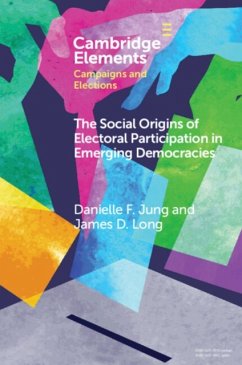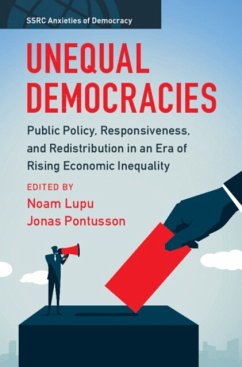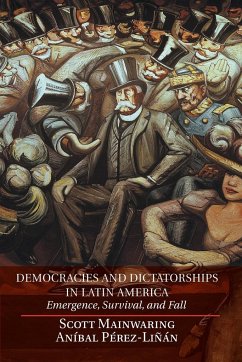
The Inclusionary Turn in Latin American Democracies
Versandkostenfrei!
Versandfertig in über 4 Wochen
59,99 €
inkl. MwSt.

PAYBACK Punkte
30 °P sammeln!
Latin America has a long history of political, socioeconomic, and ethnic exclusion. This book examines how enduring democracy, amid this inequality, engendered a movement toward greater inclusion across the region. Explaining unprecedented reforms and limits to further change, it will appeal to scholars of Latin American and comparative politics.














